
Get ready for ads in ChatGPT
Like death and taxes, ads are an inevitability. This is something that applies to the world of technology, but particularly anything even remotely connected to the internet.
Proving the above, as well as the old adage that there is no such things as a free lunch, OpenAI is planning to bring advertising into ChatGPT. This is not something that the organization has officially announced, evidence that ads are coming has been uncovered.

Google Search now lets you hide sponsored results
Anyone who has used Google Search will have at some point been frustrated by the appearance of “sponsored results” which are rarely of help. Google has apparently come to the sudden realization that tainting search results in this way is irritating, and is providing a way to quickly hide them.
The problem with “sponsored results” is that they are, essentially, advertisements. While much of Google’s money comes from advertising, inserting paid-for entries in search results has long felt disingenuous and misleading for users. Here is how things are changing.
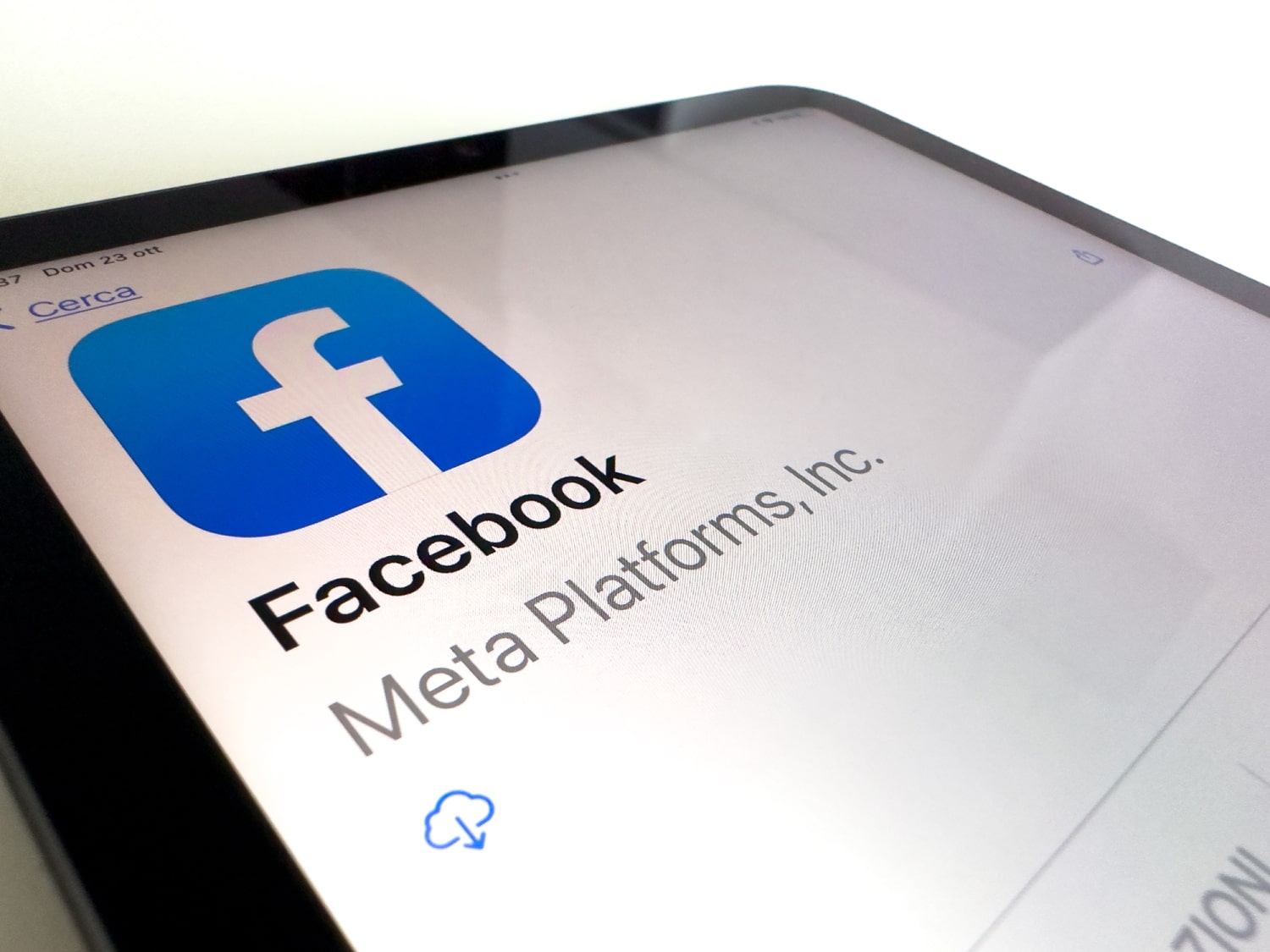
Get ready to see more targeted ads on Facebook
Advertising is how Meta makes money, hence Facebook users being bombarded with ads and “recommended content”. Starting today you may receive a notification that things are about to change. Unsurprisingly, they are not changing for the better.
Meta says that it is going to “start personalizing content and ad recommendations on our platforms based on people’s interactions with our generative AI features”. What does this mean? Targeted ads, essentially.

Ad-free versions of Facebook and Instagram are coming to the UK – for a price
Meta has announced that it is launching a subscription service in the UK that will let users of Facebook and Instagram pay to avoid ads.
The plan has already been rejected by the European Union, but this does not affect post-Brexit UK. Separate subscription tiers are available for the social platforms’ mobile apps and the web. For anyone unwilling or unable to pay, the Facebook and Instagram experience will remain riddled with ads.
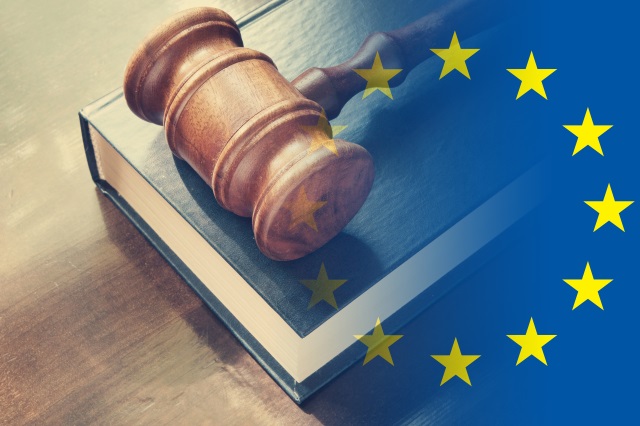
EU fines Google €2.95 billion over adtech abuses
The European Commission has fined Google €2.95 billion (about $3.19 billion) for abusing its dominance in online advertising technology. The penalty, announced on Friday, September 11, follows findings that the search giant favored its own services at the expense of rivals, advertisers, and publishers.
The Commission ordered the company to end the practices and submit a plan within 60 days to address conflicts of interest in the adtech supply chain.
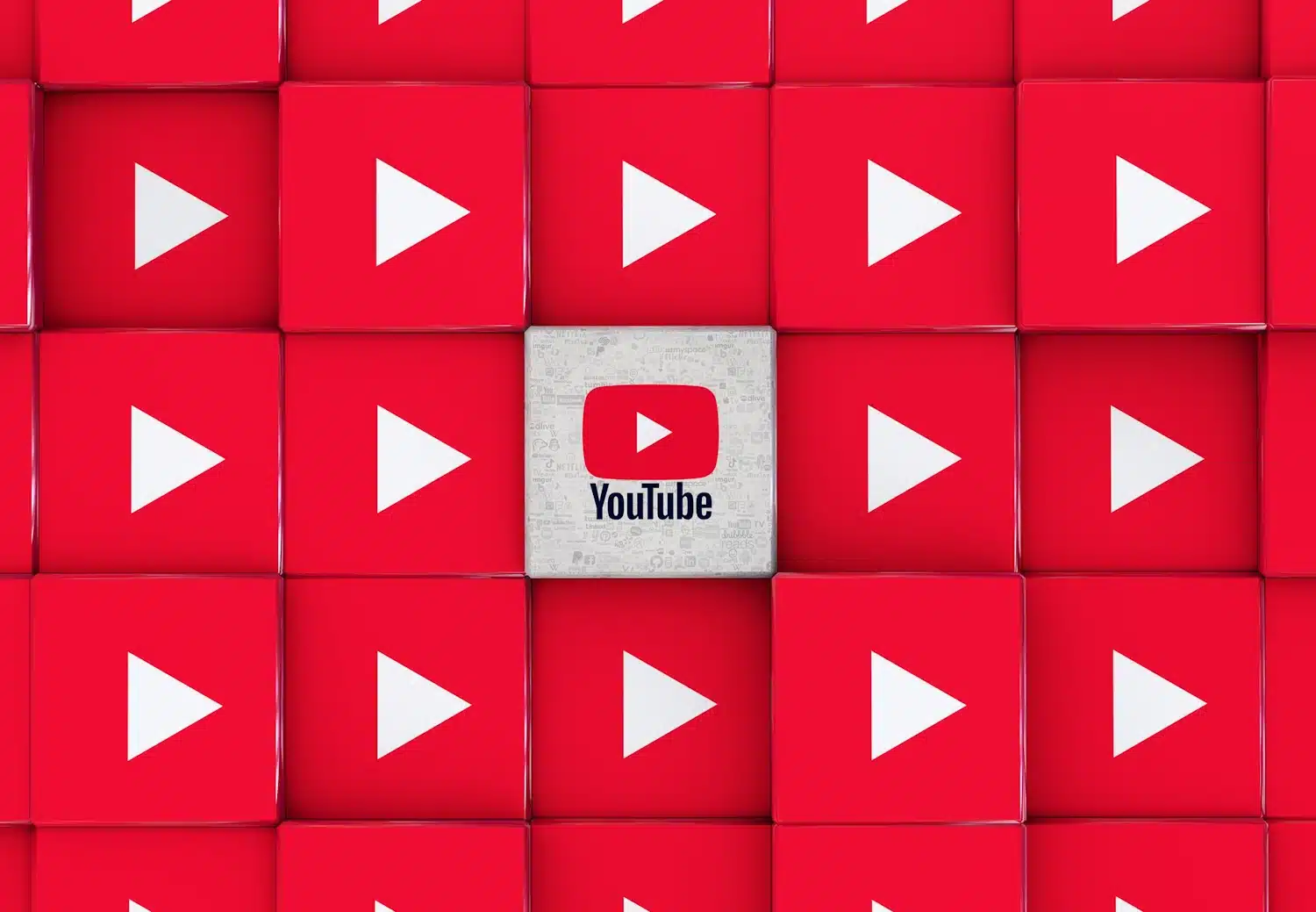
Google makes cheaper YouTube Premium Lite available more widely
Google has announced that it is expanding the availability of the recently added cheaper tier of YouTube Premium. The YouTube Premium Lite package costs a little over half the price of the regular YouTube Premium subscription which should serve as a lure to potential customers who have been sitting on the fence.
The lower price, inevitably, means having to make some compromises, but YouTube Premium Lite delivers what most people will be looking for – a broadly ad-free experience on YouTube.

YouTube is turning to AI to hit you with ads at the most annoying times
Unless you can count yourself among those who have a premium subscription, using YouTube means having to endure ads. This is annoying, but it could be getting a whole lot worse.
And things are getting worse because of artificial intelligence. Google has announced Peak Points, a Gemini ai-powered feature that gives advertisers way to hit you with ads when you are most engaged with a video.
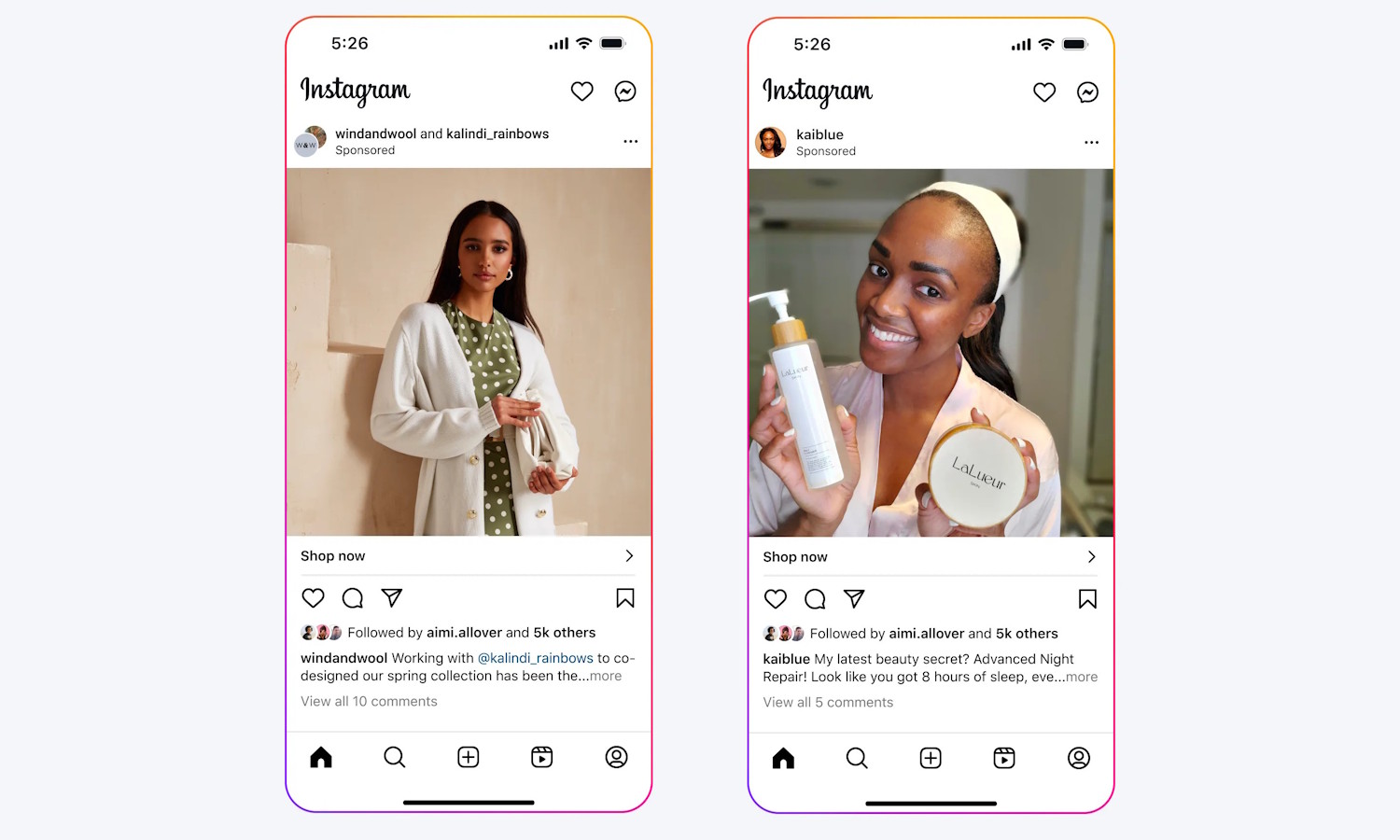
Meta expands its advertising options across its social platforms, including video ads on Threads
For all of the talk about establishing and maintaining connections, for the companies behind them social media platforms are about making money. Advertising plays a massive role in this, and Meta is looking for new ways to grab users’ attention.
The company has announced it is testing video ads on Threads as it explores expanding its portfolio of ad formats. There are also new ad options for creators and brands on Facebook and Instagram, as well as the slightly unusual sounding “trending ads” feature.

Why you might soon find yourself talking to adverts
We've probably all shouted at an advert on TV or muttered darkly at one that pops up when surfing the web, but how would you feel about ads you can actually converse with?
Communications company GMS has developed Generative Response Ads, a technology that enables consumers to engage in real-time conversations directly within ad spaces using AI.

Google is making YouTube and other services delightfully free of political ads... in Europe
The nature of modern-day politics means that parties of all colors, all leanings, spend millions on advertising -- it is something that was painfully apparent during the run-up to the US presidential election. Technology firms and social media platforms are under a lot of pressure to take steps to prevent election interference, and to increase transparency.
This is something that has been playing out in Europe with regulation on Transparency and Targeting of Political Advertising (TTPA) due to come into force in the EU. With concerns about the, “operational challenges and legal uncertainties” this could lead to, Google has announced that it will not only will stop serving political advertising in the European Union, but will do so before the TTPA comes into force.
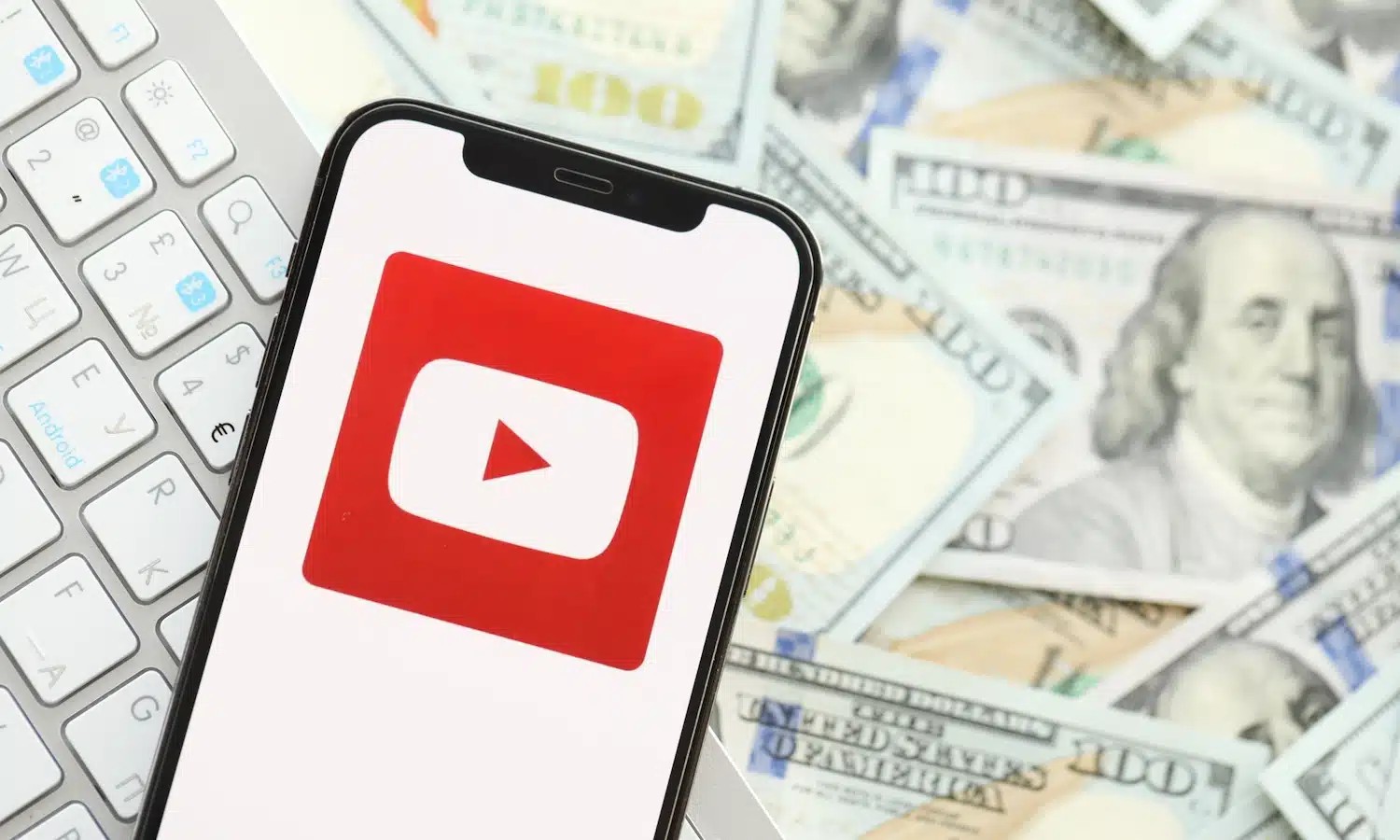
Google is making it harder to block ads on YouTube
Anyone using a third-party app to block ads on YouTube is likely to find that their viewing is interrupted. Google has announced that it is further clamping down on ad-blocking tools which are seen by many people as a handy way to avoid paying for YouTube Premium.
The company says that by blocking ads with apps that violate its terms of service, users are starving creators of an income stream and, of course, failing to line Google's pockets.

Malicious search engine ads drive latest phishing threat
New research from BlueVoyant shows the use of malicious search engine ads is on the rise and poses a significant threat to internet users and companies.
These ads can lead to phishing websites or malware downloads, putting personal, financial and corporate information at risk. For companies, a compromise via phishing can lead to brand reputation damage, financial loss, and loss of customer trust.
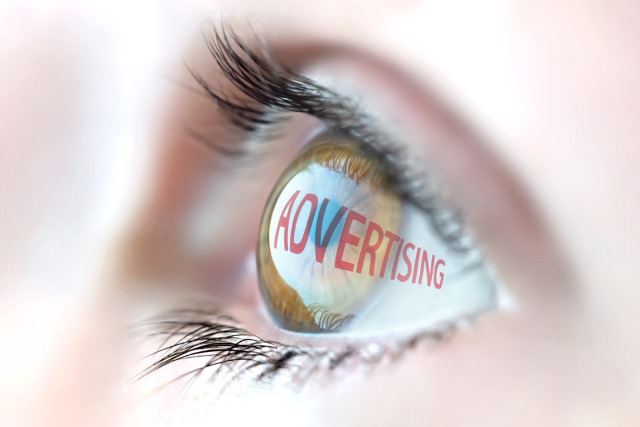
Cyber 'ad-versaries' adopt professional marketing techniques
A new report from HP Wolf Security shows cybercrime groups are using professional advertising tools to optimize their malware campaigns and convince users to take the bait.
The report identifies the DarkGate campaign which uses ad tools to sharpen attacks. Malicious PDF attachments, posing as OneDrive error messages, direct users to sponsored content hosted on a popular ad network. This leads to DarkGate malware which hands backdoor access to cybercriminals into networks, exposing victims to risks like data theft and ransomware..

YouTube seems to be slowing the site for anyone with an ad blocker
YouTube hates ad blockers, and the site has been trying to discourage visitors from using them for quite some time. After introducing warnings last year, the site now appears to be reducing performance for anyone who tries to make use of an ad blocker.
While there has been no official announcement about it, the slowdown has not gone unnoticed by YouTube users. Posts on Reddit reveal the laggy site experience for people using an ad blocker -- lag which disappears as soon as ads are re-enabled.

Microsoft launches Retail Media Creative Studio to give advertisers the power of generative AI
Microsoft has announced a series of new artificial intelligence tools, options and capabilities which the company is using to empower retailers.
From copilot templates designed to help retailers provide personalized experiences for customers to generative AI tools for creating ads, Microsoft continues to push hard with AI. Of particular interest in the latest batch of tools is Retail Media Creative Studio, currently in preview.
